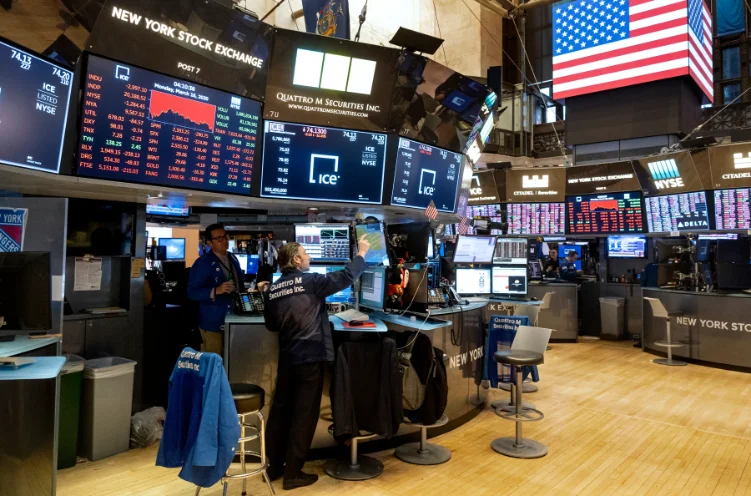European stocks faced a third consecutive day of decline on Wednesday, mainly due to drops in companies related to commodities and retail. Meanwhile, bond yields in the United States and Europe took a brief break after reaching their highest levels in several years.
The pan-European STOXX 600 index concluded the day with a 0.1% decrease, hitting a new low for the past six months.
Among the notable declines, the energy sector saw a significant drop of 2.1%, marking its worst performance in nearly three months. This decline was driven by a more than $3 per barrel decrease in oil prices, which raised concerns about demand.
Mining company stocks, represented by .SXPP, decreased by 0.9% as metal prices declined.
Retail sector stocks, represented by .SXRP, saw a dip of 1.7%, reaching their lowest point in almost four months. This decline comes as consumers are feeling the impact of rising prices.
Anthi Tsouvali, a multi-asset strategist at State Street Global Markets, commented, “More and more retailers, including luxury brands, are realizing that consumers are spending less, saving more, and, in some cases, accepting lower profit margins.”
Bank stocks, represented by .SX7P, saw a decrease of 0.38%.
According to Anthi Tsouvali, a multi-asset strategist at State Street Global Markets, “Banks initially benefited from the higher interest rates. However, we are now seeing a slowdown in the demand for loans.”
In recent times, global stock markets have been experiencing a sell-off, driven by central bank officials expressing more aggressive monetary policies and strong economic data in the United States. These factors have led to expectations of continued high interest rates, which in turn have caused bond yields to rise.
Although euro zone bond yields reached their highest levels in over a decade, they have now stabilized, with European Central Bank (ECB) policymakers suggesting that the cycle of rate hikes may have come to an end.
Long-term U.S. Treasury bond yields, which had reached their highest levels in 16 years, decreased after the ADP National Employment report showed less job growth than expected.
A survey indicated that the euro zone’s economy likely contracted in the last quarter, and demand in September fell at the quickest rate in nearly three years, as consumers curbed their spending.
The British government proposed a ban on younger generations ever purchasing cigarettes, making it one of the strictest anti-smoking measures globally. This led to a 2.8% drop in shares of cigarette manufacturers Imperial Brands (IMB.L) and a 1.7% decline in British American Tobacco (BATS.L).
Novartis (NOVN.S) saw a 1.8% increase in its stock price after the Swiss pharmaceutical company announced the completion of the spin-off of its generics and biosimilars business, Sandoz (SDZ.S).





